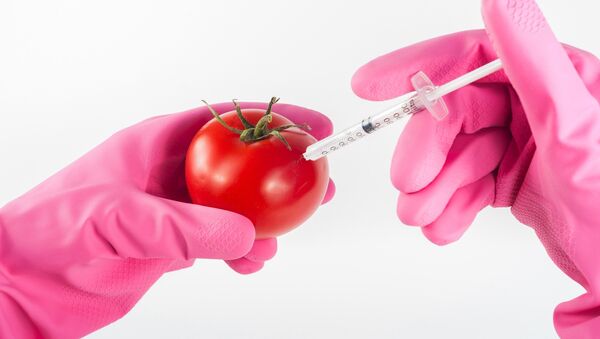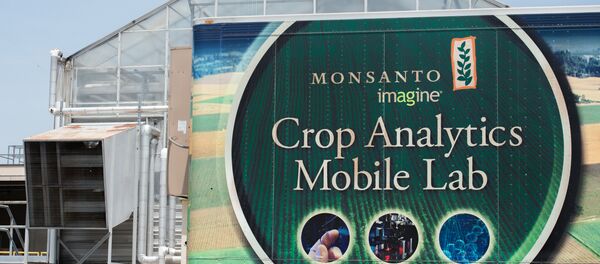The public survey which was conducted by Populus and commissioned by Bayer Crop Science and titled, Crop Science and Agriculture, surveyed 2,000 people in the UK and found that 54 percent of the respondents agreed, in principle, with the existence of genetically modified crops, whilst 10 percent said that they were necessary in order to feed a growing population.
The finding is significant, as George Eustice, the agriculture minister, recently told parliament that the government is looking for new, "science-based and proportionate" rules on genetically modified crops, "as part of the preparations for" Britain's exit from the EU.
However, the results may not be completely unbiased.
Bayer is one of the top ten biggest producers in its industry, it is also a subsidiary of Bayer AG, which is currently in the process of merging with Monsanto, one of the world's biggest seed producers and a leader in GMO proliferation.
Therefore, this should call into questions the survey results. Bayer are advocates of genetically modified food, so it would benefit them greatly to have results which show its growing popularity.
In addition to this, whilst the European Union has technically ruled that genetically modified crops are safe, EU member states remain wary.
The German cabinet approved a draft law that will ban GMO cultivation, following France, which has already done the same.
U.K. researchers seeking permission to field test genetically modified wheat https://t.co/JHgHwztMZX
— Phys.org (@physorg_com) 7 November 2016
The results by Bayer are also questionable, given that GMO has been met by a number of high-profile campaigners and activists calling on the UK government to stop them from turning food in to "Frankenfoods."
Farm groups protest Dannon yogurt pledge: Genetically-modified foods are derived from organisms whose genetic… https://t.co/WaJvb4I46M
— Jesse Sisson (@jesse1957) 24 October 2016
A YouGov survey conducted in 2014, claimed that 40 percent of Brits say that the UK government shouldn't be promoting the adoption of GM crops in the UK, with only 22 percent in favor of it doing so, and 38 percent unsure.
Many in Britain still sceptical of GM foods http://t.co/0mPgXNV4mv
— Kath Daly (@Glendajay1) February 21, 2014
The Bayer survey results have been met with criticism from anti-GM advocates. Peter Melchet, policy director at the Soil Association, a pro-organic organization, called the Bayer-backed survey results "nonsense."
Liz O'Neill, director of GM Freeze also said:
"GM is a bogus solution sucking up funding that could make a real difference if it was spent on waste reduction and poverty eradication."
Bayer has invested heavily in GM products, and these results will no doubt be used to try and persuade and influence people's opinions on the subject.




